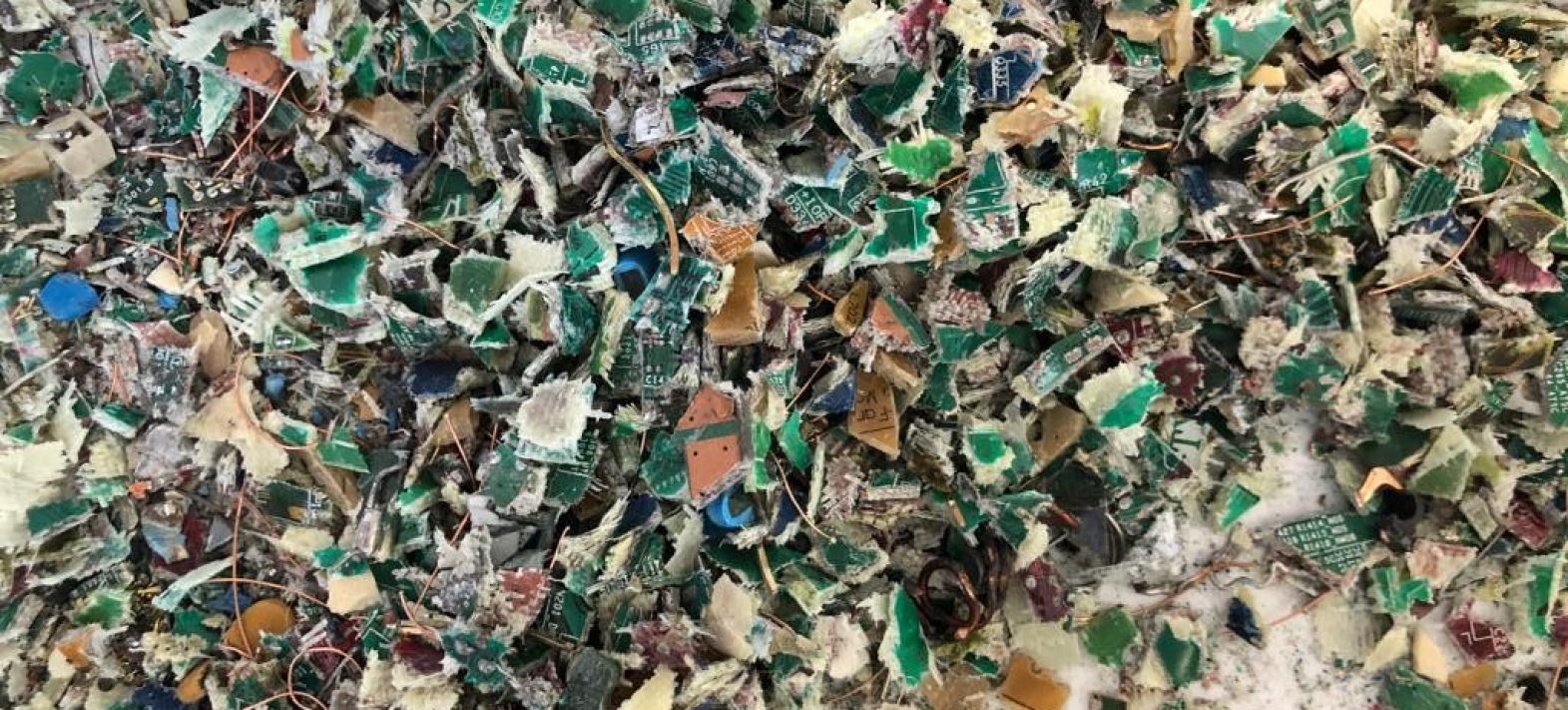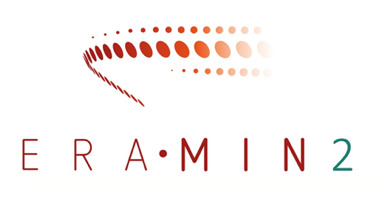Bio-assisted Closed loop recycling of E-Mobility Metals from waste PCBs and Li-Ion Batteries (BaCLEM)
Downstream treatment of pregnant leaching solutions and recovery of critical metals in marketable forms (metal carbonates, metal sulphides and nanopowders)

Start: 01/11/2020 - End: 30/11/2023
National partnership
Coordinators : Eric van Hullebusch, Ata Utku AKÇİL
Host institutions :
Suleyman Demirel University
Partner institutions :
Université de Liège, Suleyman Demirel University, IPGP, EXITCOM RECYCLING, SYNGULON






